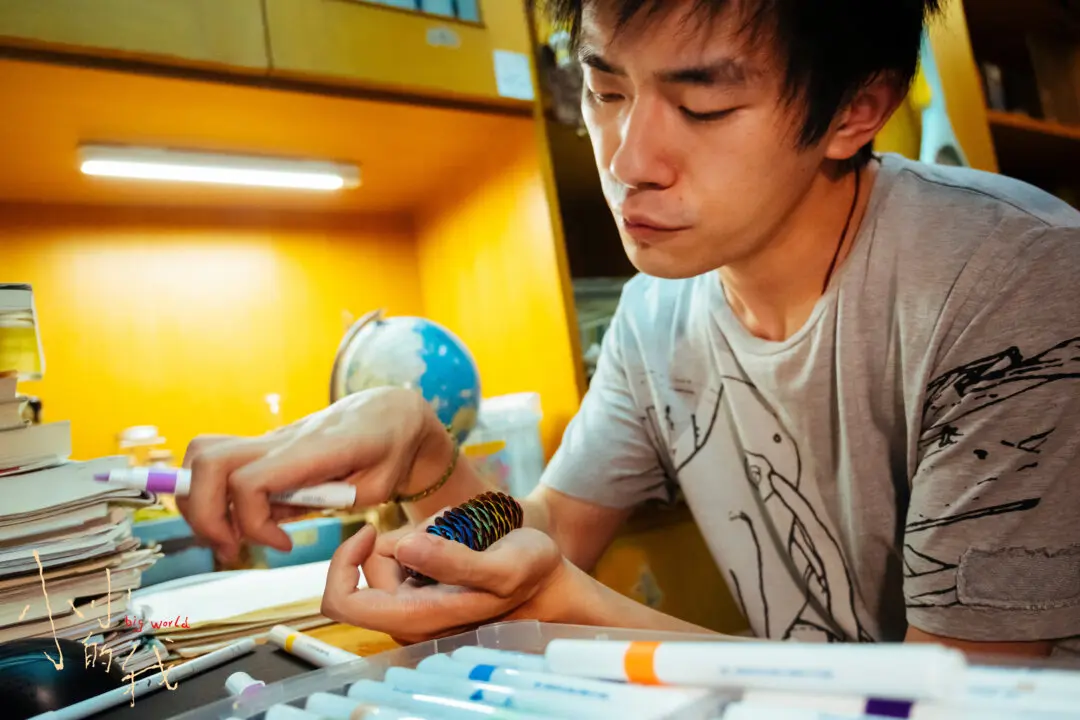NR | 1 hr 59 min | Drama | 1941
Handsome newspaper reporter Roger (Cary Grant) marries pretty Julie (Irene Dunne), who works in a shop selling music records. His job takes them from America to Japan, but they return after she, expecting their first child, miscarries following an earthquake. He quits his job so he can run a neighborhood newspaper, helped by common friend Applejack (Edgar Buchanan). Meanwhile, she copes with the emptiness of now being unable to bear children.




